The Burden of Love
Do you sometimes find yourself looking at something made of letters and thinking, Hey! I’m not illiterate. I love using my eyes! Well do I have a treat for you. Every month we read a book together as a community and I wanted to introduce you to this month’s pick which is a classic.
The book kicks you in the gut with a great question: Why is it that grief feels so much like fear? This is a question that you don’t expect an author like C. S. Lewis to be asking, especially if you have read his many children’s books where the good always wins. In his Narnia tales like The Lion, the Witch, and the Wardrobe, the evil white witch is overpowered by the untamable Aslan.
But in this month’s book, A Grief Observed, C. S. Lewis allows himself to ask the terrible questions and write about his most vulnerable feelings. Two things had just collided in his life. Just as he realized he was in love with his friend Joy Davidman, he was about to lose her.
Joy’s son Douglas describes how their deep intellectual friendship became almost ‘incandescent’ with love. Douglas says, “They seemed to walk together within a glow of their own making.” But as they were declaring their love and exchanging their vows, Joy was diagnosed with terminal cancer. Joy and “Jack” Lewis, as he was called, had three years of happiness and sorrow together.
And when Joy died, it was both grief and love that had created the space they had inhabited, a space that Lewis now had to occupy alone. It echoed – it was immense. And he spoke into it with his writing about the burden of love in A Grief Observed.
He writes, “No one ever told me that grief felt so much like fear. I am not afraid, but the sensation is like being afraid. The same fluttering in the stomach, the same restlessness.” He describes it as a kind of suspense—so many habits, so many outcomes, are stopped in mid-air. Made impossible now, because of what has changed—is changing.
The reason he wrote was to be able to draw a map of what was happening, first to understand it himself, and then perhaps to help others sharing the same bewildering new reality of love lost.
But he found it was not a state of being, but a process. Grief couldn’t be charted because it couldn’t be pinned down. It didn’t need a map, but rather a history. There was something new to be described every day. But not controlled. Oh no. Grief has a mind of its own. He says it leads you down deep ravines that descend in winding circles. It brings you to eerily normal spaces where it seems you can breathe again, like you always did, but then suddenly you’re crying like you’re eight-years-old again. But without any warning, it takes your hand and settles you silently into something like joy made holy–wordless, indefinable, more real than your memories somehow.
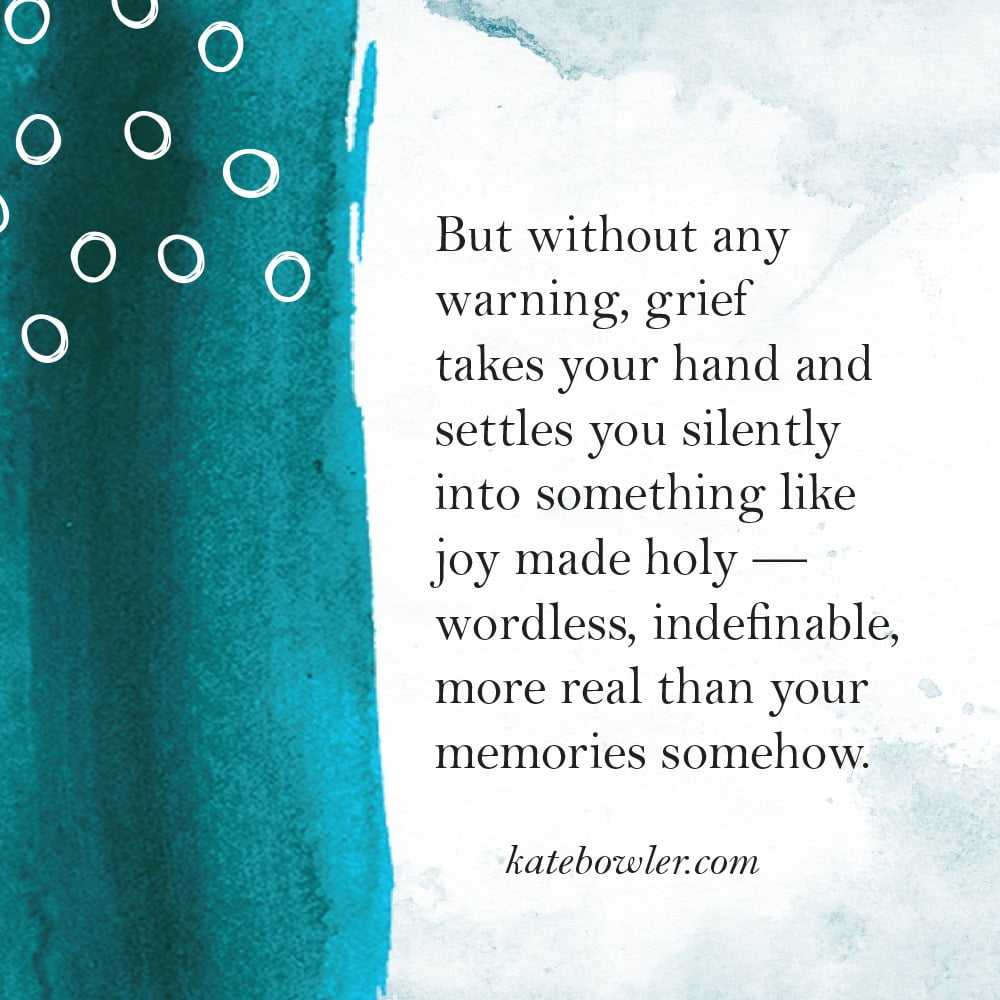
Says Lewis, “There is nothing we can do with suffering, except to suffer it.”
We know that advice from other people can sound a lot like well-meaning white noise. Or like a line separating the grieving from everybody else in the normal world. It makes me wish we learned a bit more from cultures who carve out space for mourning, like the Jewish custom of “sitting Shiva” where friends and family gather for seven days together in silence. Or how people in Greece and Portugal encourage widows to wear black for months, creating a reminder for others of their loss.
We all need a bit of permission to allow ourselves time and space to feel the weight of loss, and move through it in our own way. My friend and former cello teacher lost her husband last year, and the week after the funeral, to the chagrin of those thought she should be taking a break, there she was at the piano accompanying the services as she always did. That was her way of living through her loss, with keys under her fingers, helping others the way she always did.
So my dears, what can then be said of grief except that is the burden of love? It can’t be defined or drawn, only suffered. But what must be said, what must be given, is the permission to feel it. All of it. Not as a state, but as a process. No one can tell you what that process must be for you, just now. So gently, gently, let it lead you through.
Your medicine might be what isn’t prescribed by conventional wisdom, though Jack did say he always took a walk, because he wouldn’t dream of going to bed not tired.
Download discussion questions for this month’s book club pick, here:

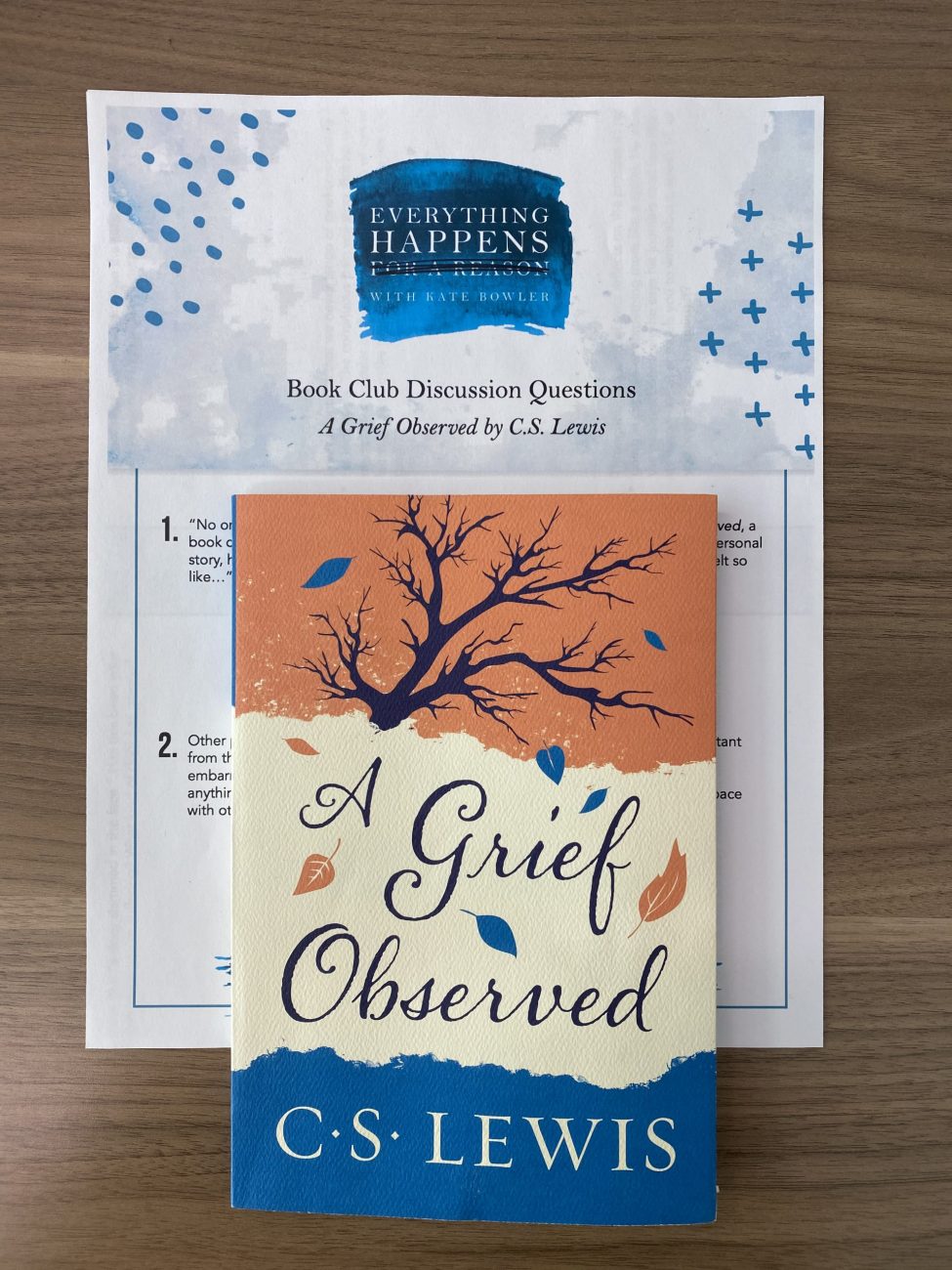
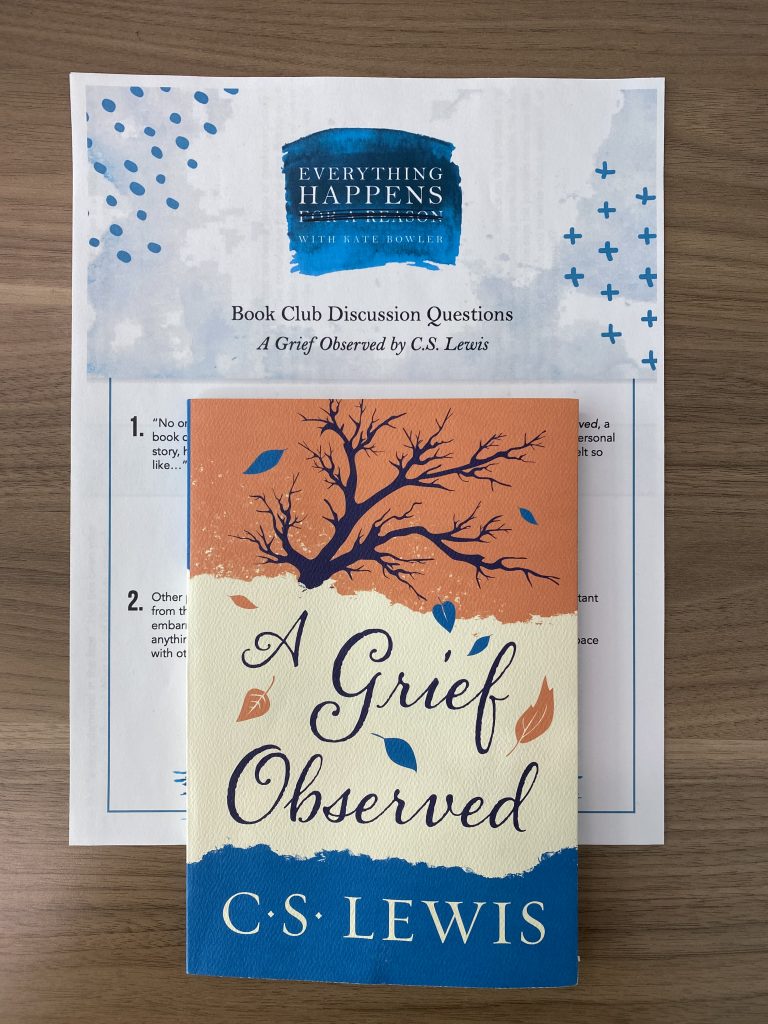
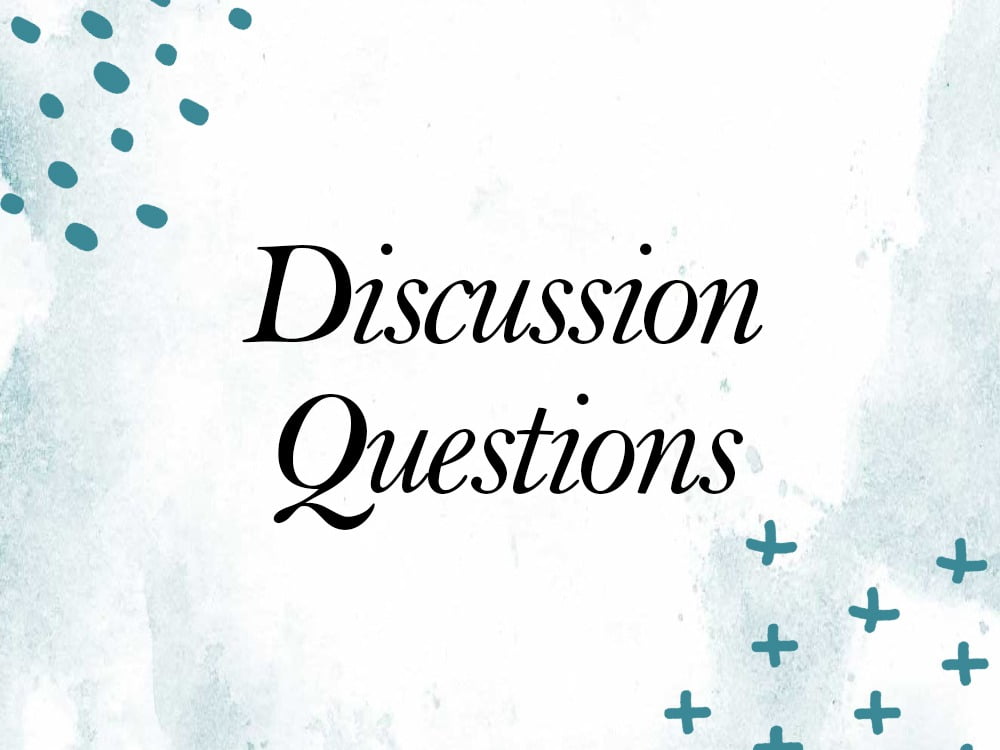



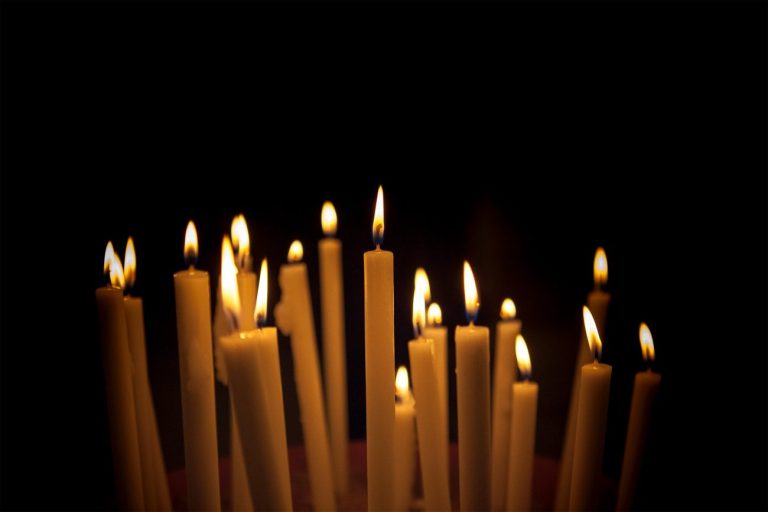


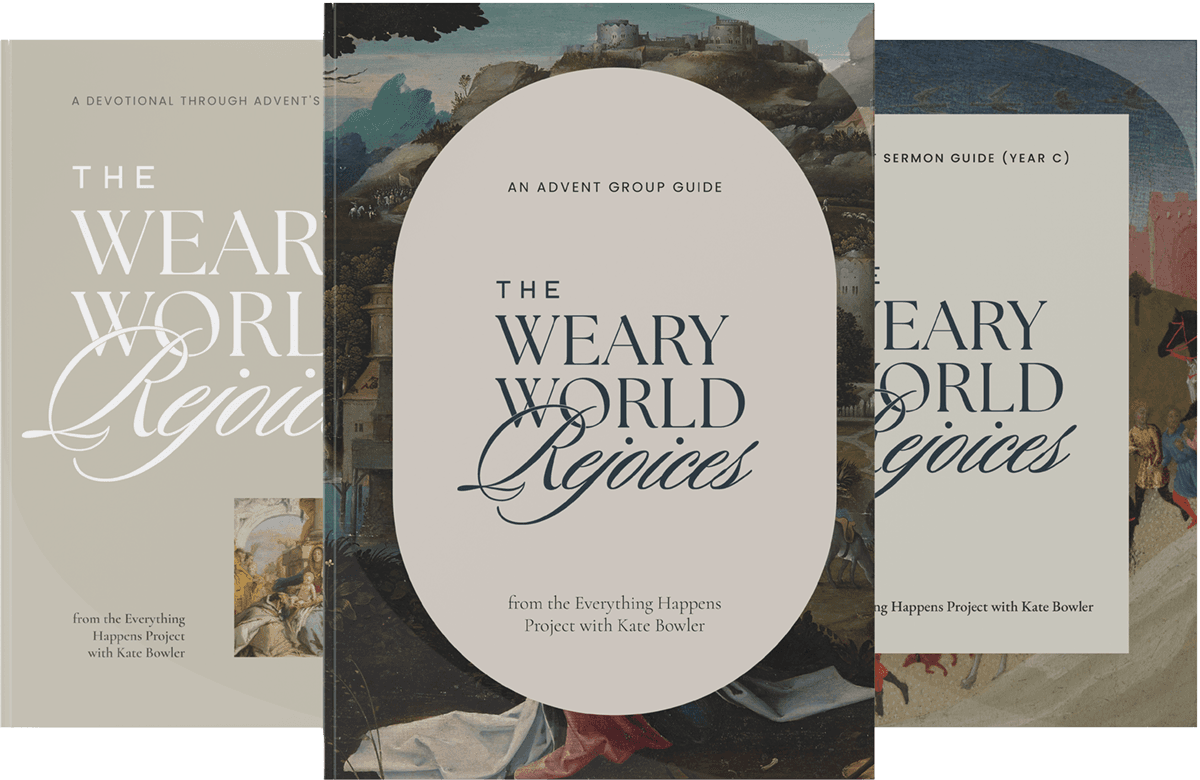
This is such an extraordinary book about grief, loss and healing. And his words are so true, grief and loss involve suffering. There’s no real way around it, but through it. Each person suffering has a singular path through the process even though there are some common denominators to what might help grief survivors heal. Love and community are gifts on the grief journey.
Kate
Thank you. I have been grieving my mom for 24 years. There are times it is easier other times it can still be gut wrenching. My oldest was 2 1/2 and I was pregnant with my youngest. I have since lost my dad and sister. My youngest once told me that she felt she knew her grandmother because I told her stories about her in every day situations. I think that was the sweetest thing and helped my grieving process more than anything.
How is it that this has come to my email 36 hours after my mom died? Thank you for affirming all that I am experiencing along with my 2 sisters and our families. Emotions are gifts that remind us of our humanity and help us invite healing through God and those He brings into our journey of grief. He brought you and your words to me today. Thankful. Thankful. Thankful.
Thank you for putting words to what I experienced with the loss of my parents and two brothers. Emotion that felt like fear but wasn’t. White noise of advice…. and the grief is the burden of love…. goes right into my heart.
Simply extraordinary!
Time and space do move us through at our own pace while softening the sharp edges of loss to ease the burden some. As my momma always observed, “Nothing is wasted in our lives; grief, pain, and suffering must be endured but all help to enlarge our capacity for compassion, community, and, of course, love.”
I miss her every single day…
Thanks Kate for helping us all with your insight and finding these nuggets of truth.
I might remind us all that grief isn’t always associated with death. It can come at us in the decision of divorce, the abandonment of a child, the loss of a job, or being falsely accused and many other ways. Becoming a hermit and avoiding all community is not the way to come at grief. Surround yourself with supportive, affirming friends and family to begin the process of healing.
SOOOO I as always am impressed with your book choice. Lewis writes with clariy and mystery. Thanx
Thank you so much for this. I would add that the reality of grief and sorrow is also in the Chronicles of Narnia, as in this beautiful passage from The Magician’s Nephew: “Up till then he had been looking at the Lion’s great front feet and the huge claws on them; now, in his despair, he looked up at its face. What he saw surprised him as much as anything in his whole life. For the tawny face was bent down near his own and (wonder of wonders) great shining tears stood in the Lion’s eyes. They were such big, bright tears compared with Digory’s own that for a moment he felt as if the Lion must really be sorrier about his Mother than he was himself. “My son, my son,” said Aslan. “I know. Grief is great. Only you and I in this land know that yet. Let us be good to one another.”
Sherry,
You’ve shared with us such wisdom. I love your last sentence: “Love and community are gifts on the grief journey.” That seems to be so true!
So glad you are reading along with us.
Kilpy
Marsha,
I hate that you know this reality of grieving so well. It sounds like you can resonate with the way Lewis describes long-term grief in that it comes less frequently but it is just as intense when it does. But I love how you have been able to share your mother with your children through stories and memories! So beautiful and such a gift for you both.
Kilpy
Oh Jeanne, I am so sorry to hear that you’ve lost your mom. I hope that this book may be a helpful resource whenever you’re ready to read it. You and your sisters have our prayers, dear one. We are thankful for this gift of connecting with you!
Eileen, it sounds like you have experienced so much loss. And that you can relate to so much of what Lewis shares in this work. I hope you read alongside us this month and continue to share your thoughts and experiences, as you feel able. Your presence is a gift to this community!
Yay, so glad you’re liking the choices! And you’re so right about Lewis’s writing- he has such a particular voice in this book. Such a gift!
Dear Beth,
This is SUCH wisdom, from both you and your mom. I’m writing down her quotation and coming back to it on a particularly hard day. Thank you for sharing with us. Sending you love for the good and bad days, friend!
Kilpy and Team Everything Happens
Mmmm, yes. Thank you for bringing our attention to the things in life, other than death, that cause grief. It seems like the source of grief varies widely but the need for love, support, and community remain the same. I wonder who in my life may be experiencing grief from something other than death and how I can surround them in this time. So grateful for this wisdom, Ray!
Ahhh! This passage. You are so right- Lewis’s other works also touch on grief in profound ways. Now I’m going to have to reread the Chronicle (which I’ve been saying I will do for the past year, haha!). Thanks so much for this, Jonathan.
Kilpy
When my mother died, the process of letting go lasted three days in the hospital, during which time my daughter did not attend school. Afterwards she took a few more days off. I ended up getting a truancy letter from the school. Apparently in California, you are allowed three days off in the case of the death of a relative in the first degree. Fir a relative in the second degree, like a grandparent, you are allowed no excused absence. Can you imagine? We need to change the way our culture deals with death,